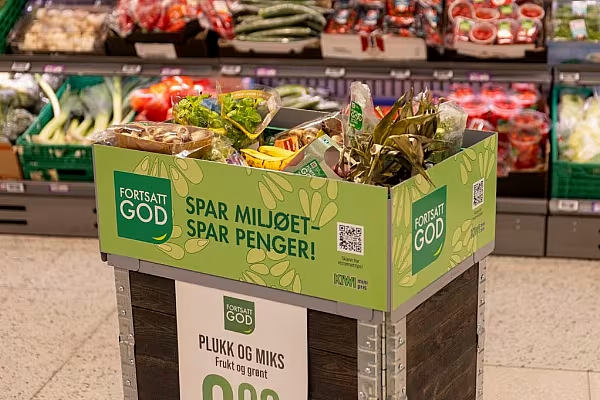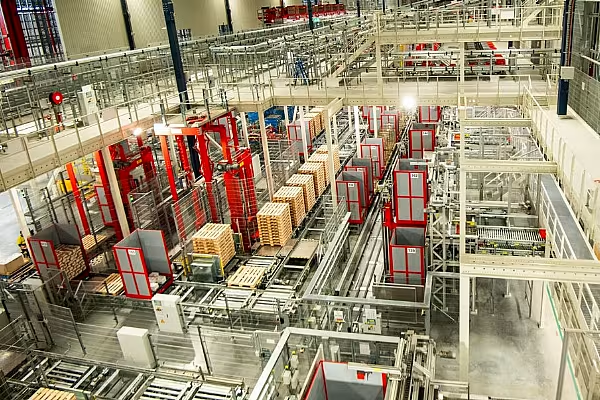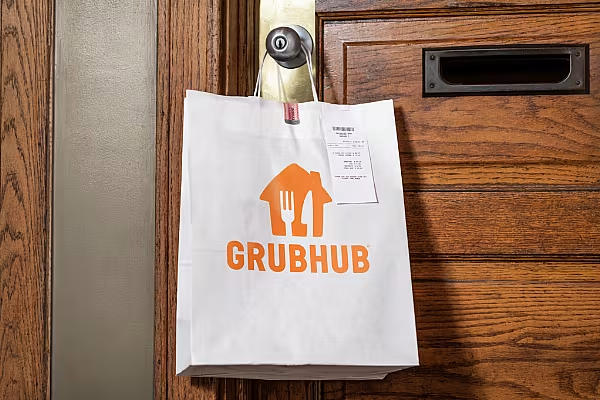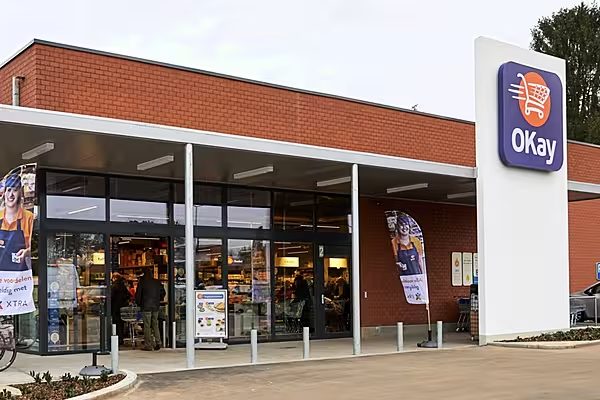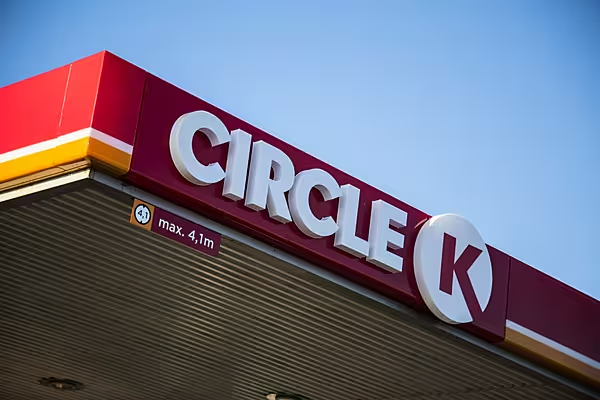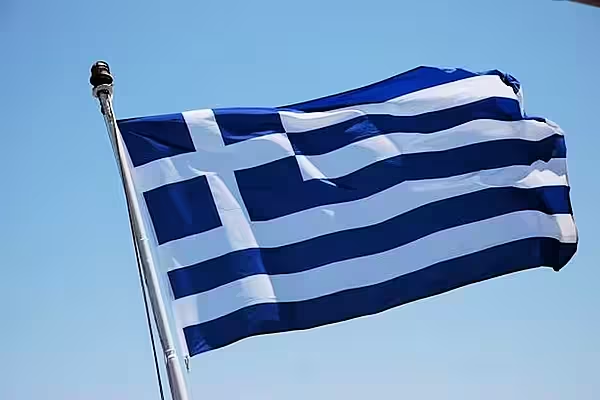Norwegian discount retailer Kiwi has cut food waste by 55% compared to 2015, and said it is on track to achieve a 60% reduction by 2025.
Kiwi, a subsidiary of NorgesGruppen, relies on automatic product ordering that the retailer says enables it to place orders as accurately as possible, preventing food waste.
Moreover, it is equipped with technology that detects items approaching their expiry dates. These products are then offered at discounted prices or donated to charity.
Nora Mile Helgesen, communications manager at Kiwi, stated, "Reducing food waste is one of the most important things we do, because it can have a major impact on the climate.
"At Kiwi, we work systematically and purposefully to reduce food waste, and have done so for many years."
Measures To Prevent Food Waste
Discounts on fruit and vegetables that are about to expire, as well as selling bread from the day before, can have a positive effect on food waste reduction, Kiwi added.
Since 2004, the discounter has collaborated with the Kirkens Bymisjon charity to help the needy.
Around 40 Kiwi stores donate goods to this organisation instead of offering discounts on goods. These stores donated 10% more goods in 2023 compared to the previous year, the retailer noted.
Using Leftovers
The supermarket chain also offers tips on using leftover food in its newsletter as households account for a majority of food waste in Norway.
It also works with suppliers to ensure that it offers packs that are adapted to smaller households, instead of offering discounts on quantity.
Kiwi is replacing traditional barcodes on food items with 2D codes, which contain, among other things, shelf-life information that can help reduce food waste in grocery stores.
